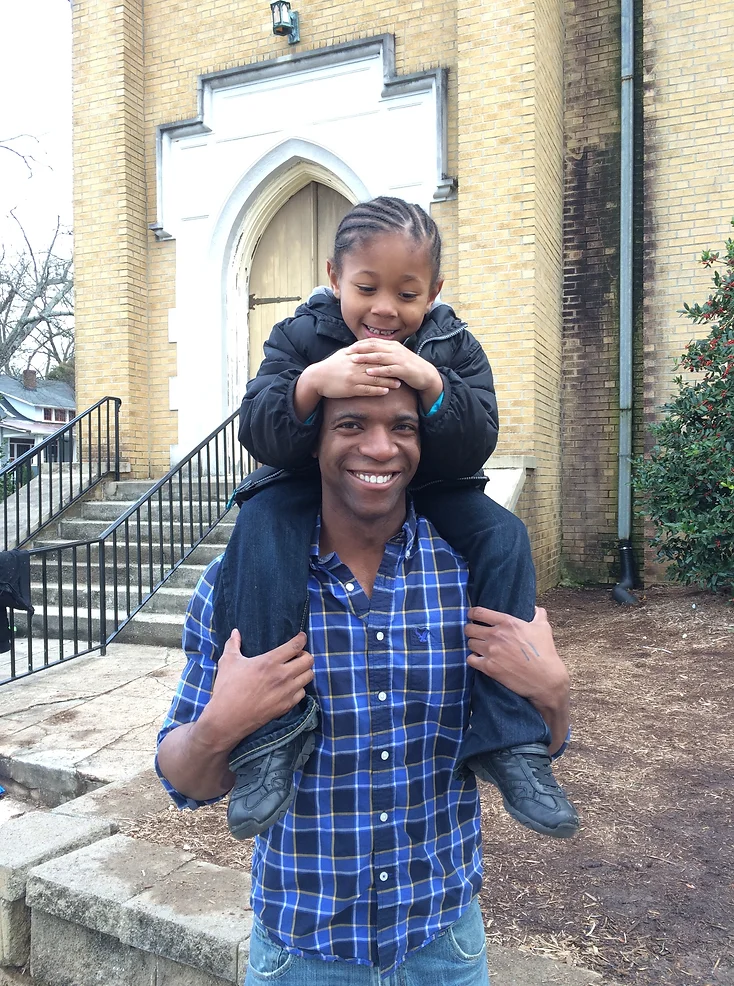
Become a Partner School!

Become a Mentor!
Our School Partners
High Schools
- Blue Ridge High School
- Carolina High School
- Eastside High School
- Greenville Early College
- Greer High School
- High School Alternative Program
- Hillcrest High School
- Mauldin High School
Middle Schools
- Beck Academy
- Blue Ridge Middle
- Bryson Middle School
- Greenville Middle Academy
- Greer Middle School
- Hillcrest Middle School
- Hughes Academy
- Lakeview Middle School
- League Academy
- Mauldin Middle School
- Northwest Middle School
- Northwood Middle
- Riverside Middle School
- Sevier Middle School
- Tanglewood Middle School
- Woodmont Middle School
Elementary Schools
- A.J. Whittenberg Elementary
- Alexander Elementary
- Armstrong Elementary
- Augusta Circle Elementary
- Bell’s Crossing Elementary
- Bethel Elementary
- Blythe Academy
- Bryson Elementary School
- Chandler Creek Elementary
- Cherrydale Elementary School
- Crestview Elementary School
- East North Street Academy
- Ellen Woodside
- Fork Shoals Elementary
- Fountain Inn Elementary
- Greenbriar Elementary
- Lake Forest Elementary
- Mauldin Elementary School
- Mitchell Road Elementary
- Monarch Elementary
- Monaview Elementary School
- Mountain View Elementary School
- Oakview Elementary School
- Paris Elementary School
- Pelham Road Elementary
- Plain Elementary School
- Robert E. Cashion
- Rudolph Gordon (K-8)
- Sara Collins
- Slater-Marietta Elementary
- Sterling School
- Stone Academy
- Sue Cleveland Elementary
- Summit Drive Elementary
- Taylors Elementary School
- Thomas E. Kerns
- Tigerville Elementary
- Welcome Elementary
- Woodland Elementary School
Frequently Asked Questions
What is the role of a mentor?
A mentor provides guidance, support, and feedback to help mentees achieve their personal or professional goals. This involves sharing knowledge, offering advice, and helping mentees navigate challenges.
What qualifications do I need to be a mentor?
Consistency is very important. Formal qualifications are not always necessary, but being a positive effective mentor, with a strong track record with a willingness to invest time and energy into developing others.
How much time will mentoring require?
The time commitment is 30m a week, with your choice of that day during morning or lunch periods. Each school can provide their schedule for these times. Any outside of school hours would have to be approved and coordinated with the parent/guardian of the mentee.
What should I expect from my mentee?
Effective communication and mutual respect are key to a successful mentoring relationship. The additional expectations can vary; however, respect amongst the mentor and mentee and expectations of achievement to be a better citizen are foundation.
How do I start a mentoring relationship?
Training is provided to assist with different ways to begin building a relationship with your mentee. Begin by establishing clear goals and expectations with your mentee. Discuss the frequency and format of meetings and agree on how you will communicate. Setting up a structured plan can help keep the relationship focused and productive.
What if I don’t know the answers to all of my mentee’s questions?
It’s okay not to have all the answers. A good mentor knows how to guide their mentee in finding solutions and can leverage their network to provide additional resources or contacts.
What are the benefits of being a mentor?
Mentoring can be personally and professionally rewarding. It provides an opportunity to give back, develop leadership skills, gain fresh perspectives, and expand your own network.
What resources are available to help me as a mentor?
There is mentoring training and open communication for any questions or concerns for mentors.
Can I mentor multiple people at once?
It’s possible to mentor multiple individuals, but it’s important to ensure that you can dedicate adequate time and attention to each mentee. Balance and effective time management are key.
What should I do if I feel the mentoring relationship isn’t working?
Evaluate the situation and have an honest discussion with your mentor coordinator about any issues. Other options are, considering adjusting the goals, format, or frequency of meetings. If things still don’t improve, it might be best to reassess the relationship and consider ending it professionally.




